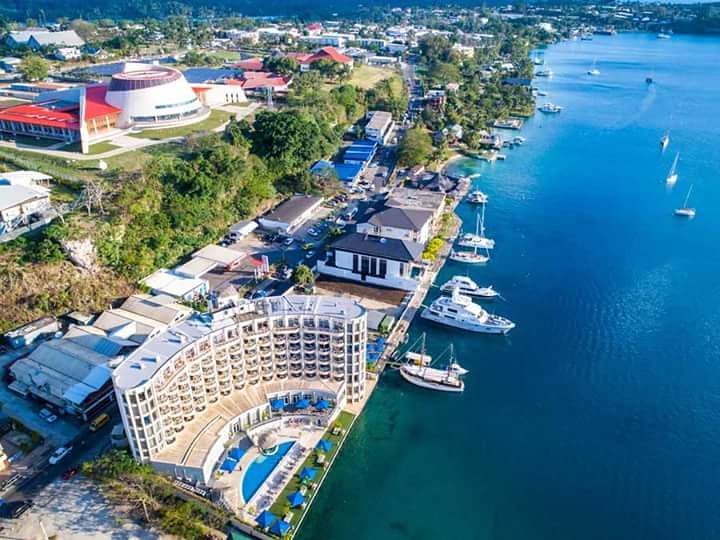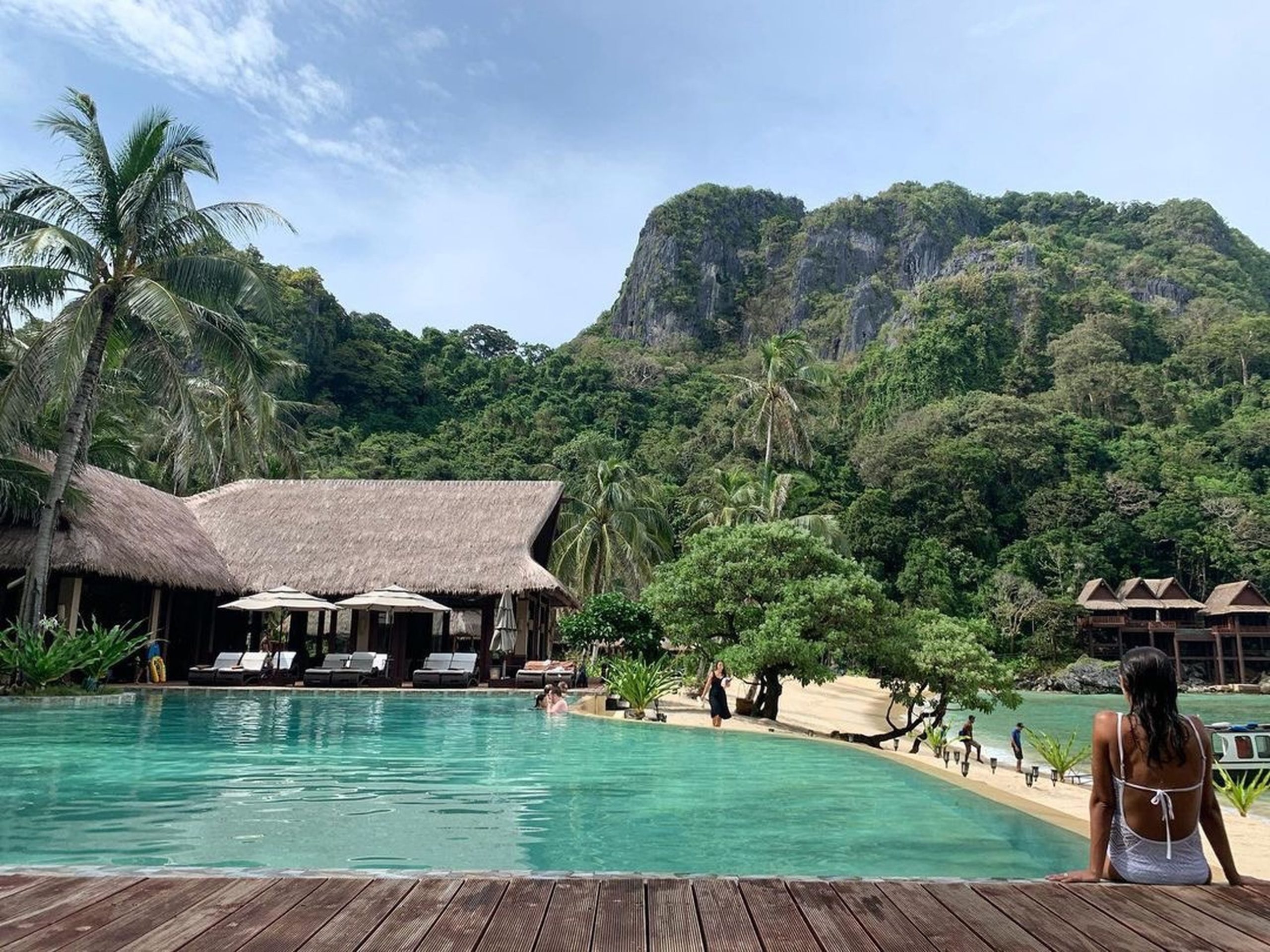Vanuatu, also the Republic of Vanuatu, is known for being an island nation situated in the South Pacific Ocean. It is located to the east of northern Australia and New Guinea, to the west of Fiji, north of New Caledonia, and south of the Solomon Islands. The country is a tax haven for local and international businesses operating within its territory. It has no income, withholding, inheritance, or capital gains tax and exchange control. The island is a member of the International Maritime Organisation, and international shipping companies flagging under its flag enjoy the benefits of its labor laws and conventions. This earned the country the reputation of being a “flag of convenience” country. The island receives foreign aid majorly from Australia and New Zealand and is the 185th member of the World Intellectual Property Organization (WIPO).

The economy of the country
The four main sectors of the nation’s economy are agriculture, tourism, offshore financial services, and cattle production. The country exports kava, beef, cocoa, and timber, whilst importing machinery and equipment, foodstuffs, and fuels. Revenues generated from taxes are majorly from import duties and a 15% VAT on goods and services. The growing economy depends solely on a few exportation of the commodity produced by its agricultural industry, which in actuality, accounts for the sustenance of 65% of the population. Aside from fishing, the tropical climate gives room for the production of fruits, vegetables, and spices.
Tourism on the Island
Tourism is an important source of foreign exchange in the country. The nation is widely known for being one of the premier vacation destinations for scuba divers looking to explore the deep coral reefs of the South Pacific region. In addition, the wreck of the US ocean liner and converted troop carrier SS President Coolidge on Espiritu Santo island. Tourism has greatly increased in the country majorly because the island has been the site of several reality TV shows such as Survivor: Vanuatu—Islands of Fire and Australia’s Celebrity Survivor. This is partly due to the government’s efforts to boost the tourism industry.
Starting a tourism business
The island is a hub of business opportunities with tourism topping the list. Given its natural beauty and environment, tourists are attracted to the nation on an annual basis. Aside from this, it is also a haven for businesses, thus, quite advantageous for those looking to enter the tourism business industry. If you are interested in setting up a business here, the following are some of the steps to put into action:
Do a market research
This step is of paramount importance to your business, as it entails all one needs to know about setting up a business in a foreign location. To start up, one must first study the market type, the consumers who will need the services, and competitors who are currently in the same or comparable business. It requires market research focused on the type of tourism activities allowed in the country and the kinds of tourists who visit the island. This will determine how the business plan looks.
Prepare a business plan
Every business requires a business plan. This plan acts as a guide for operating the business from start to end. It entails details on the target market, pricing, cost of production, marketing strategy, as well as financial aspects. Having a plan gives one an idea of how the business will eventually play out. Another advantage of a good business plan is that business owners may seek loans from banks or investors with it. Prepare a plan that will suit your ability and financial constraint.
Register the business
Businesses require incorporation to be legal and functioning. You need to register it with the Vanuatu Financial Services Commission (VFSC). The name will be entered into the commercial register and for tax obligations if needed. You will also need to obtain all necessary permits or licenses before operating.
Select a location
This usually depends on the type of tourism business one is going to set up. However, choosing a widely accessible place is advisable. Some famous choices include Port Vila, the capital city, or smaller islands such as Espiritu Santo or Tanna.
Employ skilled workers
If you are new to the tourism industry, this step is very important. Hire natives who have vast knowledge about the territory, great experience, good customer relation skills, etc. Staff could include guides, drivers, cooks, housekeepers, etc.
Promote the business
After registering and hiring hands, the next step is to promote the business. This includes advertising locally or creating a website for content about the business such as a hotel, guesthouse, or inn.







